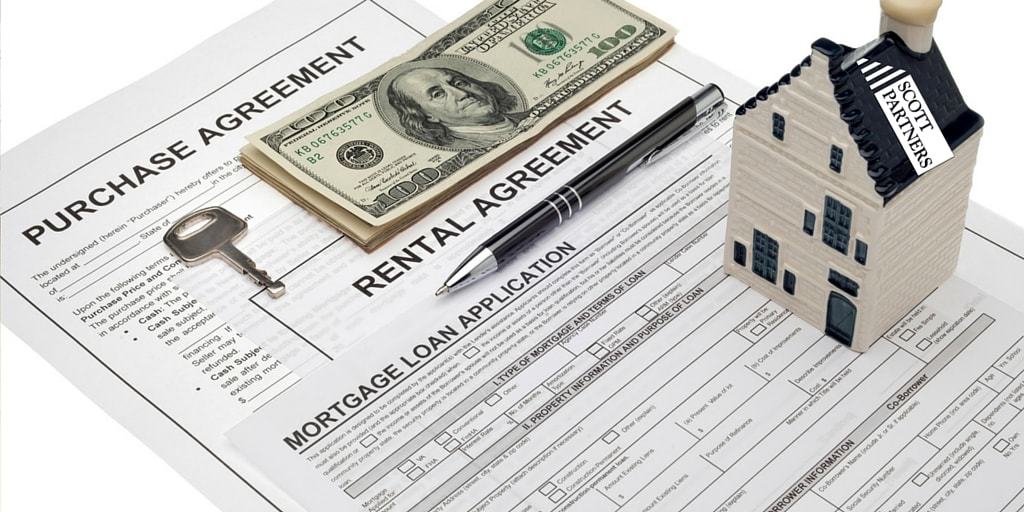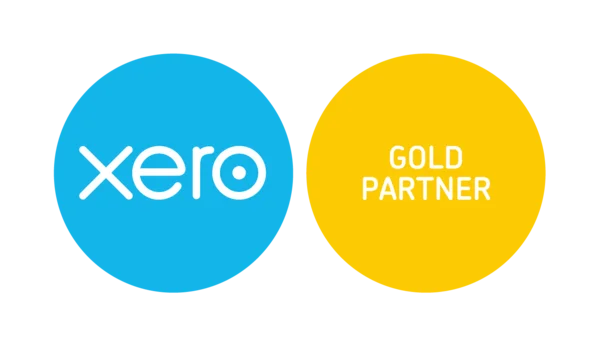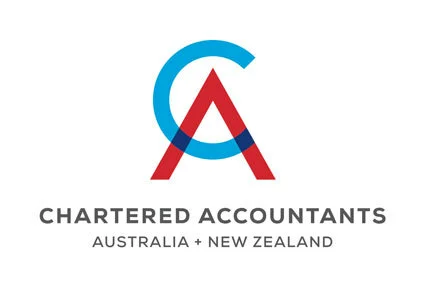Tips for Avoiding Bad Debts

Many small and medium sized enterprises put most of their planning time into crafting business plans and ideas that will capture new business and drive more value from existing clients.
But far fewer have plans in place for collecting debts and avoiding that painful situation where you have to place money you have earned in the “bad debt” column and forfeit those earnings.
Here are some tips and strategies to avoiding bad debts and getting the full value of your work.
Start on the Right Foot
Despite the importance of contracts and written agreements, in practice, a lot of small business and medium sized enterprise jobs are still carried out on the basis of verbal agreements or briefs written in emails.
Unfortunately, this sometimes means there are gaps in the understanding between the two parties, especially when payment terms are concerned. A contract does not have to involve lawyers or long twenty page documents. All that needs to be are some very basic terms about what services will be done, what they will cost, and when they will be paid, that both parties agree to.
If you do this at the beginning, you reduce your risk at the back end of the job.
Offer the Carrot
No one likes paying bills, and those who have to pay for your goods and services are no different. But if you give people a reason to pay on time (or even early) chances are that they will take it.
The most effective way of doing this is to offer a discount for payments made in advance of the due date, such as 5% off the total bill. It could be well worth it in saving you the time and hassle of chasing down the unpaid invoice later on.
On the other side of the coin, you can also include terms in your invoices that specify how much interest the bill payer will be charged if they pay late. This “penalty effect” is used by banks, credit card providers and utility companies to great effect, and as long as you are up front about the penalty for late payment, your business can use terms like this too.
Make it Easy
Make it as easy as possible for clients to pay you. From your side, that might mean investigating setting up direct electronic funds transfers, BPAY or other alternative means of paying bills. And while this might take some time to set up at first, lowering the difficulty of paying bills goes a long way to having them paid on time.
Do A Cost: Benefit Analysis
Before you spend hours and hours on end on the phone and sending emails to try and get onto those who owe you money, think rationally about whether it’s worth the time and effort.
For example, if you are owed $100 by a customer who was only likely to be a one off job, and you have the option of doing another job for a client who might be higher value or result in ongoing work, then it may be a better use of your time and energy to invest in the new work, rather than pursue the unpaid bill.
Having a debt collection plan or checklist is a good way to add a build a process that many small businesses and medium sized enterprises don’t have a formal procedure for.
For more strategies to collect your debts ahead of time, or any other business planning tips, we encourage you to give us a call at Scott Partners to arrange an appointment. Our professional and experienced team can help you lay the foundations for the future growth of your business.







